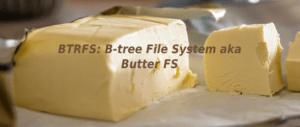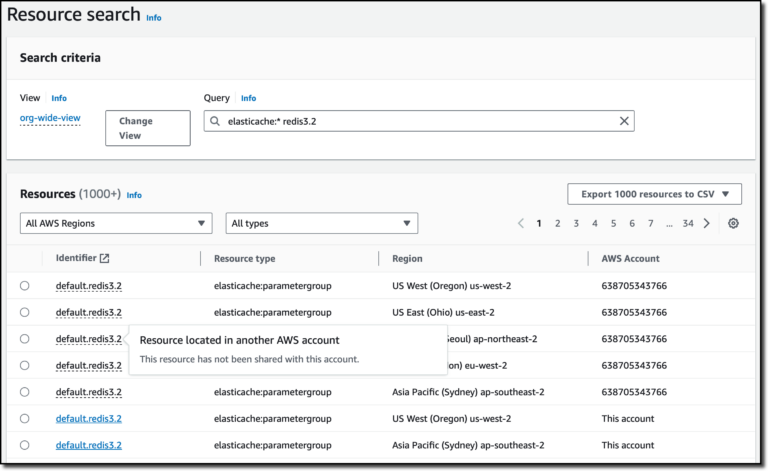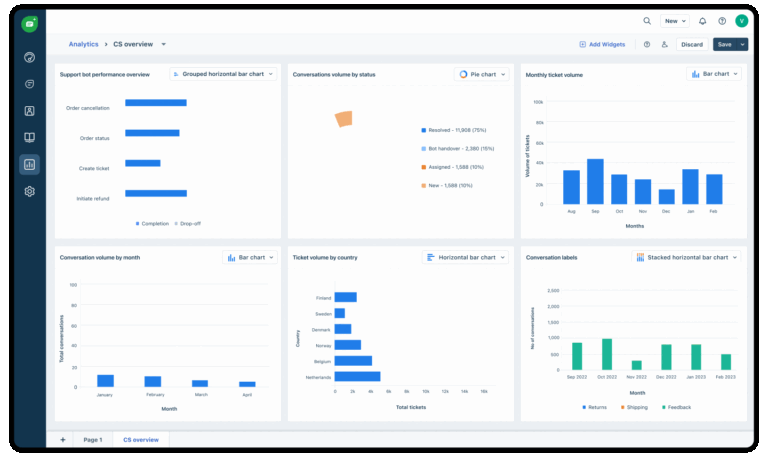
[This message comes directly from the desk of Matthew Miller, the Fedora Project Leader. — Ed.]
When I wrote about COVID-19 and the Fedora community all the way back on March 16, it was very unclear how 2020 was going to turn out. I hoped that we’d have everything under control and return to normal soon—we didn’t take our Flock to Fedora in-person conference off the table for another month. Back then, I naively hoped that this would be a short event and that life would return to normal soon. But of course, things got worse, and we had to reimagine Flock as a virtual event on short notice. We weren’t even sure if we’d be able to make our regular Fedora Linux releases on schedule.
Even without the pandemic, 2020 was already destined to be an interesting year. Because Red Hat moved the datacenter where most of Fedora’s servers live, our infrastructure team had to move our servers across the continent. Fedora 33 had the largest planned change set of any Fedora Linux release—and not small things either. We changed the default filesystem for desktop variants to BTRFS and promoted Fedora IoT to an Edition. We also began Fedora ELN—a new process which does a nightly build of Fedora’s development branch in the same configuration Red Hat would use to compose Red Hat Enterprise Linux. And Fedora’s popularity keeps growing, which means more users to support and more new community members to onboard. It’s great to be successful, but we also need to keep up with ourselves!
So, it was already busy. And then the pandemic came along. In many ways, we’re fortunate: we’re already a global community used to distributed work, and we already use chat-based meetings and video calls to collaborate. But it made the datacenter move more difficult. The closure of Red Hat offices meant that some of the QA hardware was inaccessible. We couldn’t gather together in person like we’re used to doing. And of course, we all worried about the safety of our friends and family. Isolation and disruption just plain make everything harder.
I’m always proud of the Fedora community, but this year, even more so. In a time of great stress and uncertainty, we came together and did our best work. Flock to Fedora became Nest With Fedora. Thanks to the heroic effort of Marie Nordin and many others, it was a resounding success. We had way more attendees than we’ve ever had at an in-person Flock, which made our community more accessible to contributors who can’t always join us. And we followed up with our first-ever virtual release party and an online Fedora Women’s Day, both also resounding successes.
And then, we shipped both Fedora 32 and Fedora 33 on time, extending our streak to six releases—three straight years of hitting our targets.
The work we all did has not gone unnoticed. You already know that Lenovo is shipping Fedora Workstation on select laptop models. I’m happy to share that two of the top Linux podcasts have recognized our work—particularly Fedora 33—in their year-end awards. LINUX Unplugged listeners voted Fedora Linux their favorite Linux desktop distribution. Three out of the four Destination Linux hosts chose Fedora as the best distro of the year, specifically citing the exciting work we’ve done on Fedora 33 and the strength of our community. In addition, OMG! Ubuntu! included Fedora 33 in its “5 best Linux distribution releases of 2020” and TechRepublic called Fedora 33 “absolutely fantastic“.
Like everyone, I’m looking ahead to 2021. The next few months are still going to be hard, but the amazing work on mRNA and other new vaccine technology means we have clear reasons to be optimistic. Through this trying year, the Fedora community is stronger than ever, and we have some great things to carry forward into better times: a Nest-like virtual event to compliment Flock, online release parties, our weekly Fedora Social Hour, and of course the CPE team’s great trivia events.
In 2021, we’ll keep doing the great work to push the state of the art forward. We’ll be bold in bringing new features into Fedora Linux. We’ll try new things even when we’re worried that they might not work, and we’ll learn from failures and try again. And we’ll keep working to make our community and our platform inclusive, welcoming, and accessible to all.
To everyone who has contributed to Fedora in any way, thank you. Packagers, blog writers, doc writers, testers, designers, artists, developers, meeting chairs, sysadmins, Ask Fedora answerers, D&I team, and more—you kicked ass this year and it shows. Stay safe and healthy, and we’ll meet again in person soon.Oh, one more thing! Join us for a Fedora Social Hour New Year’s Eve Special. We’ll meet at 23:30 UTC today in Hopin (the platform we used for Nest and other events). Hope to see you there!






